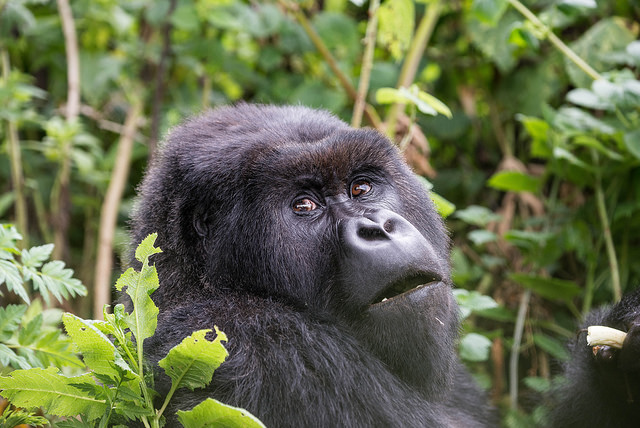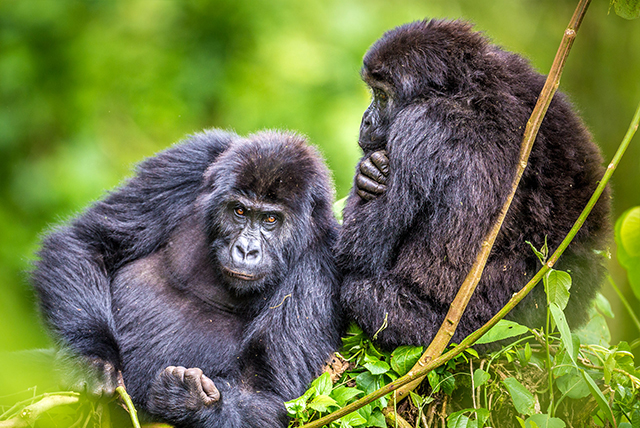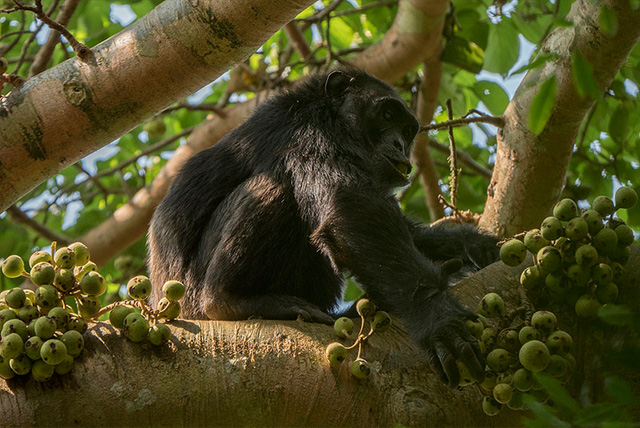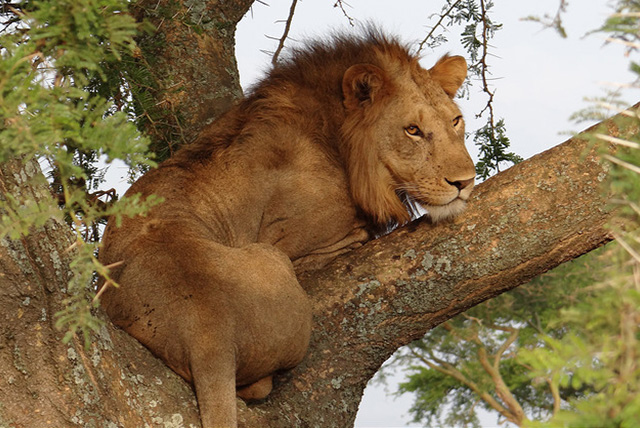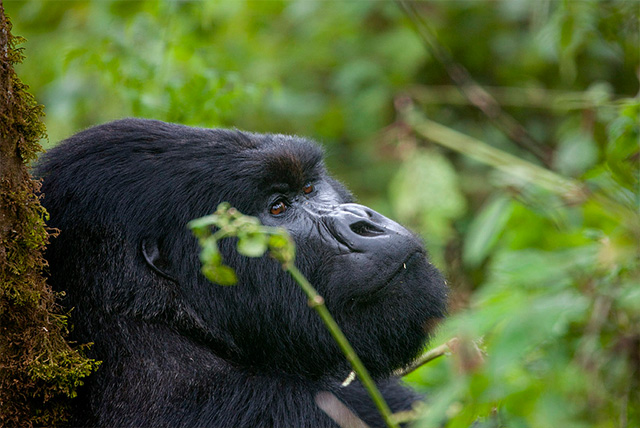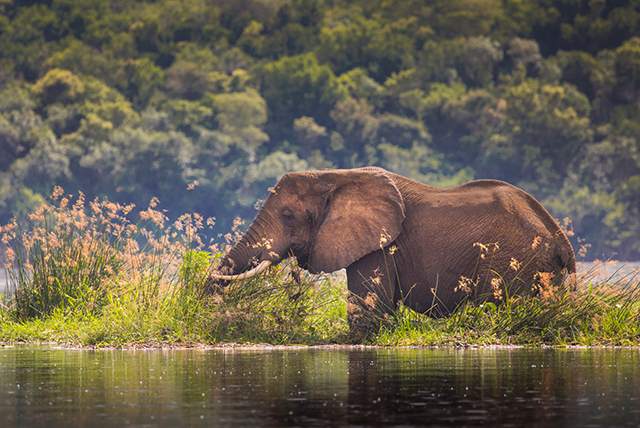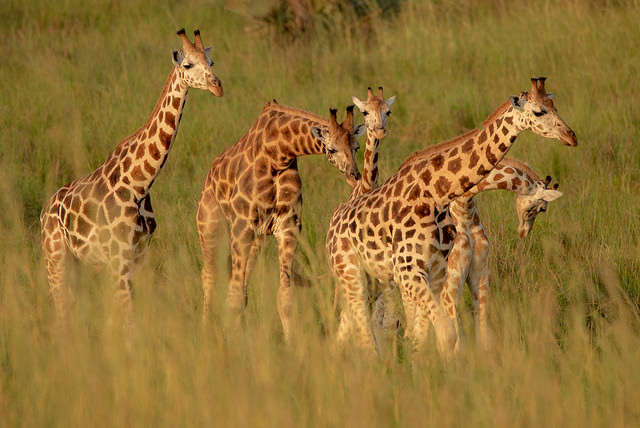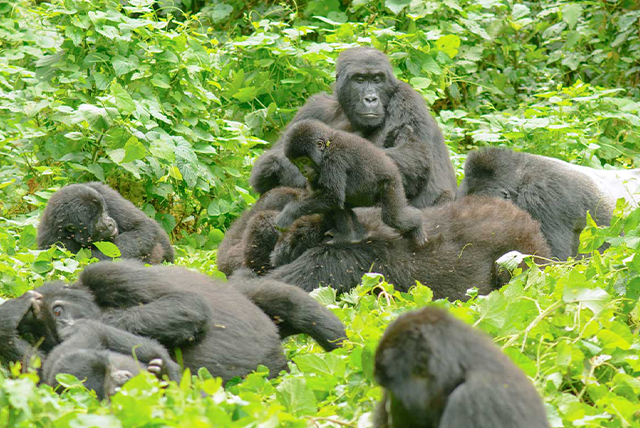Best Tanzania safaris
What official documents are required for a journey to Tanzania?
A passport must be valid for at least six months beyond your date of entry. If you are coming from a country where Yellow Fever is common, like Kenya, you will need to have an immunization certificate or health card with you.
Travelers from the UK, the US, Canada, Australia, and many EU nations must obtain a tourist visa to explore Tanzania. Details and forms for the application are available on the websites of the Tanzanian Embassy.
For any visa inquiries, be sure to reach out to your local Tanzanian Embassy to get the most up-to-date information.
What is the safety level for traveling in Tanzania?
Tanzania offers a secure environment for travelers. The people of Tanzania are incredibly welcoming and kind, always ready to lend a hand to those who come to explore their land. In every country, a touch of common sense can make a significant difference, and it is wise to take sensible precautions. Lock your valuables in the hotel safe, avoid carrying excessive camera gear in bustling cities, keep jewelry to a minimum, and refrain from carrying large sums of cash on you.
Guides will ensure your safety in both the bustling cities and the thrilling game areas. Occasionally, broad travel advisories are released regarding the conditions in the region. For the latest updates from the Department of State and essential Consular information, visit https://travel.state.gov/.
What is the safety of the water and food in Tanzania?
When exploring Tanzania, it is advisable to opt for bottled water, as a variety of brands are readily accessible and offered in all restaurants and lodges. Avoid ice, raw vegetables, and salads when dining at street eateries. Luxury lodges and fine dining establishments may sanitize their produce, yet it is wise to wash and peel fruits and vegetables for added safety. Avoid dining in deserted restaurants, as the food might have been left out for a while, and make sure to request your meat cooked thoroughly. Along the coast, the seafood and fish often burst with freshness, but be sure to enjoy them thoroughly cooked.
What are the common dishes in Tanzania?
The cuisine offered in the safari camps and lodges is diverse, yet always delightful and satisfying. Gourmet cooks whip up fresh breads and craft soups, salads, and entrees that would effortlessly shine on the finest dining tables across the globe. Meals offer a world of flavors with a variety of soups, salads, cold meats, pasta dishes, meat and fish options, and an assortment of breads. Your day typically begins with a delightful cup of tea and some biscuits, setting the stage for the exciting adventures that await in the morning.
After a thrilling morning, you return to your lodge or camp to savor a delightful brunch featuring cereals, fruit, bacon, eggs, sausage, and toast. Buffet lunches often feature a delightful warm dish like stew, accompanied by an array of salads, quiches, and cold meats. Dinner unfolds with an enticing appetizer, leading into a delightful array of meat, fish, and pasta dishes, all accompanied by a vibrant selection of vegetables and sauces. After dinner, indulge in coffee or tea, a selection of cheeses, and exquisite desserts.
In Tanzania’s towns and villages, the food often embraces a more straightforward essence. Grilled meat, known as nyama choma, is a beloved dish, frequently accompanied by sauce, rice, chips, or ugali (cornmeal). Indian cuisine is a vibrant tapestry of flavors and experiences. The locally brewed beer offers a delightful experience, featuring Serengeti, Safari, Kilimanjaro, mbege (a traditional homebrew from the Chagga people), and banana beer; imported options like Tusker from Kenya and fine wines also stand out.
What is the time in Tanzania?
Tanzania operates three hours ahead of Greenwich Mean Time (GMT+3). Tanzania does not observe daylight saving time, so there is no time difference between the summer and winter months.
What is the international dialing code for Tanzania?
The International Dialling Code for Tanzania is +255, accompanied by the relevant area codes (e.g. 22 for Dar es Salaam, or 27 for Arusha). From the vibrant landscapes of Tanzania, you reach out by dialing 00 followed by the appropriate country code (44 for the UK, 1 for the USA).
What currency is used in Tanzania?
The official currency is the Tanzanian shilling (TZS), which is subdivided into 100 cents. Currency notes come in denominations of TSh10,000, 5,000, 1,000, 500, 200, and 100. Coins come in denominations of TSh100, 50, 20, 10, 5, and 1.
The tourism industry lists all prices in US Dollars, which is the favored currency for transactions. In the bustling larger towns, you can easily swap major currencies. In the main towns, foreign exchange bureaux typically provide a more favorable rate on traveller’s cheques compared to banks. ATMs can be found exclusively in the larger urban areas. While major lodges, select hotels, and travel agents in city settings may accept credit cards, it is wise not to depend on this option, as it could come with a 10% surcharge.
Visit www.oando.com to discover the most current exchange rates.
What amount of spending money should I bring for my Tanzanian Safari?
You will find that you will not require much spending money on most safaris, as most meals and activities are already covered in your package cost. Typically, individuals manage to have around $50 to $100 each day to cover their various expenses. Payments can be made using US cash, travelers checks, or credit cards, which are accepted at the majority of lodges, camps, and hotels.
In bustling towns, you can easily use credit cards at various restaurants and shops, with MasterCard and Visa leading the way in acceptance. However, availability might be limited in quaint towns and rural areas, and may be absent in charming little retail shops. We suggest carrying cash in US dollars. Exchange your USD$ at the airport or a bank upon your arrival in Tanzania. Cash in USD is widely accepted in many tourist spots and is great for leaving tips.


